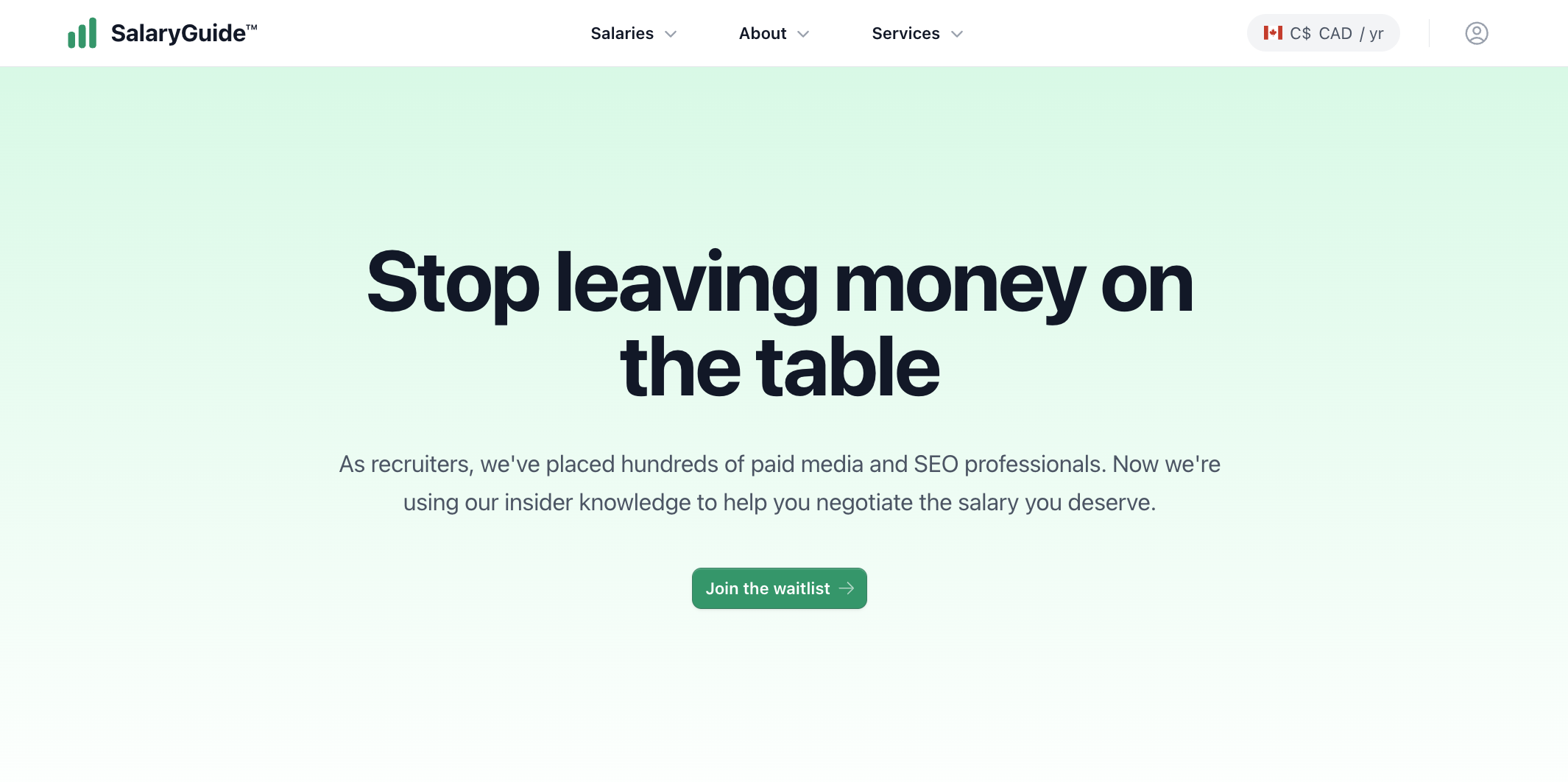These days, Millennials and Gen Z are fed up with just settling at their workplace. If they feel under-appreciated or like they aren’t being recognised, they will happily leave their job to find a new one where they employee benefits are emphasised, and they feel more appreciated.
Therefore, it is essential to make your employees feel like they are genuinely valued and appreciated.
There are countless ways to give thanks to your team through employee benefits. It’s not always about recognising their work or reviewing their performance positively – different people feel recognised in different ways. Here, we’ll tackle a few, diving into the pools of communication, compensation, and progression.
Communication:
Talk to any therapist or relationship expert, and they’ll tell you that communication is key. Whether you’re maintaining a friendship or building trust in the workplace, clear and open lines of communication are absolutely necessary.
When your employees feel like they are able to speak to you from a level playing field, they can be empowered to speak out about a problem before it gets worse. This can prevent them from leaving their job and help them work through some issues they might have been experiencing.
Most important, however, open lines of communication make it easy for both you and your employee to express appreciation for each other. This is one of the most essential attributes of a healthy working environment.
Why show appreciation in the workplace?
According to a recent poll by Tjinsite, a division of TimeJobs.com, more than 35% of employees consider a lack of recognition of their work as the biggest hindrance to their productivity.
That’s over ⅓ of people in the workplace who aren’t happy with their current employee benefits!
Could you imagine helping ⅓ of your employees increase their productivity just by showing genuine appreciation for their work? That will help your company grow in whatever direction you want it to and, more importantly, will solidify the relationship you’re busy building between you and your employee.
Appreciation also improves workplace morale. A compliment here and there can send a ripple of good vibes throughout the office, creating a much lighter and more positive environment for everyone. This will keep your employees engaged and excited to come to work and build bonds that make them not only dedicated but loyal to you and your company.
Employee Appreciation Prompts:
Opening lines of communication and showing appreciation take practice. It’s not in every boss’ nature to be overly complimentary or communicative. This just means you have to work extra hard and go the extra mile to do so, just as you expect your employees to do when they work for you.
If you’re stumped on what exactly to compliment your employees on, here are some examples for you to pull from:
- “Your excellent performance is an inspiration to all. Keep up the great work!”
- “Your hard work and dedication are an example to everyone on our team! Thank you for being your best every day!”
- “I’m so grateful that you always take the time to help your coworkers. It really made our team come together.”
This comes with a disclaimer: Make sure that you’re using compliments that apply to the individual you want to thank. Your employees will be able to sniff out a BS compliment from a mile away.
You know the guy that sends the same text to every girl? Don’t be that guy.
Genuine appreciation is key to improving productivity and inspiring your employees to maintain that great performance.
Compensation:
Compensation refers to a reward – monetary or not – paid to an employee for the work they do at an organisation (this is where the ’employee benefits’ comes into play). The compensation we are all most familiar with is a salary, for example, but other perks include free food, unlimited paid time off (PTO), healthcare, bonuses, etc. These are seen as a means to materially recognise their talents and thank them for their time.
These compensation packages exist to keep employees motivated to stay at their current job. If they find another job with better compensation, they might be tempted to jump ship and try something new. If they feel like they are taken care of, they are much more likely to stay securely on board.
The benefits are a bit different. These refer to the non-financial rewards given to employees as a token of appreciation for their work. While not a direct money transfer, they are a great incentive to attract talent to your company.
The models of compensation:
There are many different models that are used to explain compensation and benefits. Here are a couple of examples to help illustrate the importance of compensation:
Total rewards model:
As the name states, this model considers both non-monetary and monetary aspects of a job to influence an employee’s overall satisfaction with their job. These non-monetary benefits could include a healthy work-life balance, recognition from their bosses or coworkers, and the overall pleasantness of the work environment.
The overall employee rewards include compensation, well-being, benefits, development, and recognition, where compensation is the monetary reward paid to employees in exchange for their time, effort, and talent.
- Well-being refers to the emotional, physical, and environmental conditions of the employee.
- Benefits are rewards like healthcare, retirement planning, and time off.
- Development is the ability of an employee to progress while in their current role.
- Recognition refers to validation from higher-ups, as mentioned above.
Warr’s vitamin model:
Workplace psychologist Peter Warr’s model compares job characteristics to vitamins. The human body needs a diverse variety of vitamins to maintain its health in much the same way variety at work is important for employees to be productive. The most important characteristics include autonomy, money, and variety in work.
He separates these characteristics into two groups. The first is called Constant Effects, which he referred to as characteristics that will neither harm nor increase productivity. These include an employee’s salary, safety in the workplace, and job security, to name a few.
The second group are characteristics that would be detrimental to an employee’s productivity if present in excess. These are called Additional Decrements. These include feedback, work difficulty, and daily task expectations.
Why is it important?
A company is nothing without good human resources. The more talented a company’s workers are, the better its work output and bottom line will be. Period.
Maintaining talent means a delicate and competent approach towards compensation and benefits so that employees not only feel recognised and appreciated but satisfied that their hard work is worth their while.
You can attract the best talent
Talented employees know their worth and won’t settle for less. When they feel like they are being valued properly, you’re much more likely to retain your most talented and motivated employees.
Our best advice? Pay close attention to these 4 main components of compensation and benefits to maintain your most talented workers:
- Fixed pay – An employee’s salary. This is the minimum amount a worker gets paid per month, excluding bonuses.
- Variable pay – Payout based on an individual’s performance as well as the performance of the company.
- Equity pay – These are non-cash but represent ownership of the company. This includes stock options, allowing employees to gain a share in the overall profits of the company.
- Health benefits – Especially in the US, health benefits are a big reason why employees will stay with an employer long-term. It shows your company puts people first.
Progression:
Stagnation leads to boredom. Boredom leads to indifference. Indifference leads to a decline in the quality of work and, eventually, to an employee’s departure. When an employee is encouraged to progress through the company, they are much more motivated, productive, and dedicated to their work.
According to SEEK research, nearly 74% of candidates have the desire to make progress in their careers. Of those people, 40% have claimed to have either made no progress in the last year or have gone backwards.
This is a problem – let’s sort it out.
Progress is different for everyone
For some, progress means a promotion or a pay raise. For others, they measure progress by how much their skills have improved or if they feel like their work is actually making a difference. It can be as big as meeting quarterly KPI goals or small as leaving on time.
When asked, employees feel they make progress in 5 different ways:
- When they advance their skills (50%)
- When they grow and develop personally (41%)
- When they are asked to take on new responsibilities (31%)
- When they achieve a good work-life balance (27%)
- If they’ve received a pay raise (25%)
Gone are the days that progress is only measured in your job title or salary. Of course, these things are important, but the younger generations are increasingly more interested in developing their skills, making a difference, including employee benefits, and building healthy relationships with their workplace.
It is very important to build relationships with your employees to learn exactly how they find value and see their own progression. This way, you can work together to achieve those goals and build productive, respectful relationships.
Take progress step by step
When you build strong relationships with your employees, you can support them towards the success and progress they seek. You can help your employees by setting short- and long-term goals that you can then spend time working towards together.
In order to make sure your employees don’t feel too much pressure that becomes counterproductive to their progress, small steps to progress are the recommended course of action.
Remember, there’s no rush! These goals should be there to motivate and inspire your employees, not send them into a pit of anxiety.
Final words
At the end of the day, employees will be more productive, loyal, and motivated if they are appreciated properly, and employee benefits are prioritised. The best ways to show them recognition are through open lines of communication, proper compensation, and by helping them progress in their careers.
Your employees are generously trading their time and talents to work at your company. Show them how much it means to you – it’s a win-win!
For more insights on effective leadership strategies and building a successful team, check out Leading a Strong SEO Team to Success.



